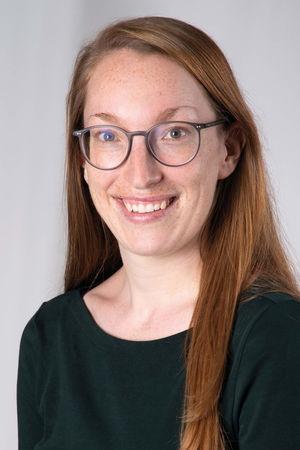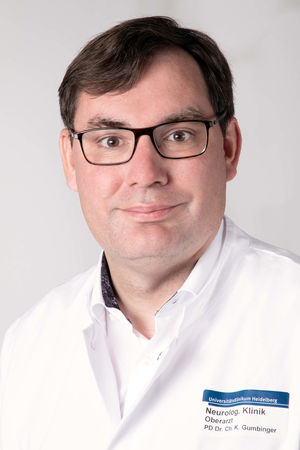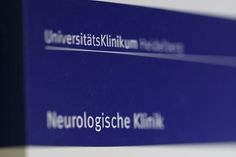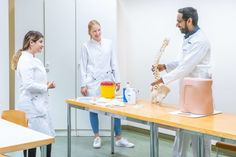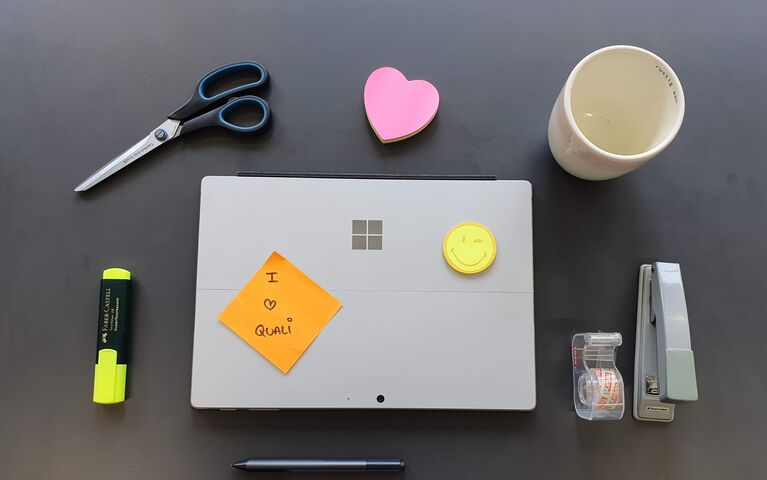JOURNAL CLUB: QUALITATIVE METHODS FOR HEALTH RESEARCH
Every first Thursday of the month -- 3:00-4:30pm (CEST, Berlin/Amsterdam time) -- Online (Webex)
Dr. Loraine Busetto & Prof. Dr. Christoph Gumbinger, Department of Neurology, Heidelberg University Hospital

A Journal Club?
A Journal Club is a forum to learn to present and critically discuss other researchers’ work. To this purpose, two students per session will present a scientific paper of their choosing, ideally from their own area of expertise. They will first give a general overview of the paper and then introduce questions or topics for the group discussion. These can relate to innovative methods, suboptimal use of methods, dilemmas between ideal and real-world use of methods, ethical aspects, etc. Students will be asked to frame their presentation and discussion along commonly used concepts in qualitative methods (e.g. sampling methods, positionality, etc.).
Focus
Our focus is on pragmatic and hands-on aspects of qualitative research methods that are relevant for their application in the real world. For example, we will discuss how the authors conducted their research, why, which impact those decisions may have had on the results, what could be the pros and cons of these decisions in a real world setting, and how these aspects might translate to our own situation.
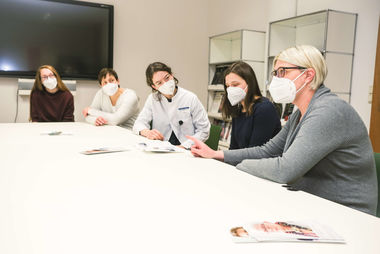
Program
10 Min - Introduction - Staff
15 Min - Presentation Paper 1 - Student 1
15 Min - Group discussion
15 Min - Presentation Paper 2 - Student 2
15 Min - Group discussion
20 Min - Question Time - All (qualitative) questions welcome
Languages & Dates
All Journal Clubs are conducted in English. German is possible on request by the presenter. This will be communicated in advance through the mailing list. Upcoming dates:
4 September 2025
2 October 2025
6 November 2025
4 December 2025
8 January 2026
5 February 2026
5 March 2026
2 April 2026
7 May 2026
11 June 2026 (1 week later due to holiday)
2 July 2026
Augustus 2026 – Summer break
3 September 2026
1 October 2026
5 November 2026
3 December 2026
Registration & Further Information
To register, send us an email with the following information:
- Name, surname, pronouns appreciated but not mandatory
- Field of study, topic of PhD or project
- Current position and academic affiliation or relevant information for patient/stakeholder representatives
- Languages (if applicable, please indicate if you are fluent enough to present / discuss in the respective language or to listen to others present / discuss in the language)
Please also feel free to send us recommendations for particularly good, bad, innovative and/or otherwise noteworthy qualitative research papers. Participatory research is especially welcome. Mixed Methods papers will be accepted on a case-by-case basis.
For more information and in case of questions, please primary contact Dr. Christine Tunkl (Christine.Tunkl(at)med.uni-heidelberg.de),or you can also contact Dr. Loraine Busetto or Prof. Dr. Christoph Gumbinger.
WHO?
You are
- A researcher: early career (e.g. medical student, MD/PhD candidate or early postdoc) or new(ish) to qualitative research
- In the field of health (services) research
- A patient or stakeholder representative co-conducting or interested in qualitative research
- None of the above but able to convince us that you should be allowed to participate
We are
Loraine Busetto is a researcher focussed on patient, relative and staff experiences in acute stroke and neurooncological care. Her expertise in qualitative research dates back to her PhD on integrated chronic care and her B/MSc in Public Administration/European Studies. As part of her focus on co-research with stakeholder representatives, Loraine initiated the Patient Council of the Department of Neurology and aims to include patient researchers in her projects. She currently works at the Institute of Medical Virology at Frankfurt University Hospital.
Christoph Gumbinger is a senior physician with clinical focus on stroke and neurooncology. He is also the coordinator of the FAST-Telestroke network and currently the speaker of the commission “telestroke services” of the German Stroke Society. He is head of the research group “health services research in neurology” with a broad expertise in analysis of large registers and translation of research results into clinical practice.
Christine Tunkl is a neurologist with a clinical focus on stroke care. Her research centres on implementation science, with particular emphasis on strengthening stroke services in resource-limited settings. She is the founder and project lead of the "Nepal Stroke Project" and serves as Co-Chair of the Telestroke Committee of the World Stroke Organization.
